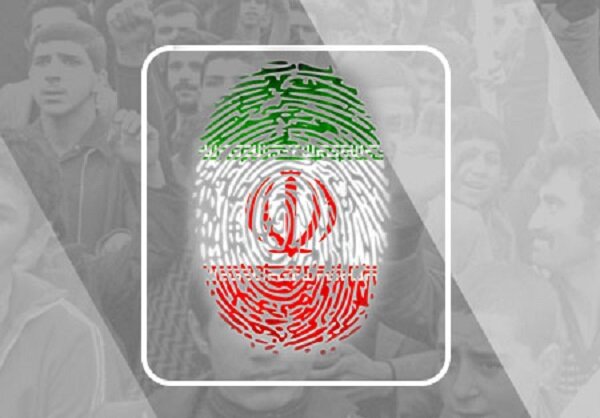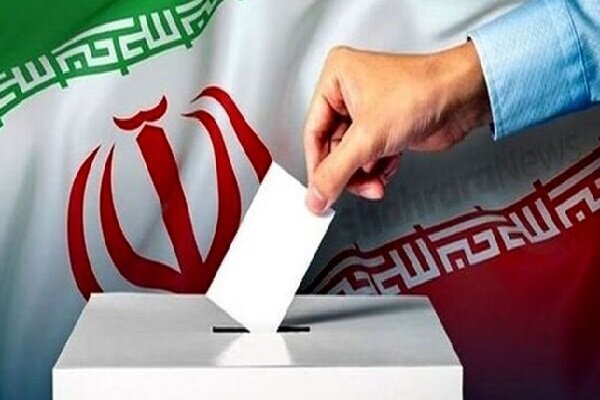
 QR Code
QR Code

Presidential Election in Iran
15 Feb 2024 08:22
Islam Times - The President, the highest official in Iran following the Leader, is elected for a four-year term by an absolute majority of votes polled by the voters.
As per Article 115 of the Iranian Constitution, the President must be elected from among religious and political personalities possessing the following qualifications: Iranian origin; Iranian nationality; administrative capacity and resourcefulness; a good past record; trustworthiness and piety; convinced belief in the fundamental principles of the Islamic Republic of Iran and the official madhhab of the country.
The Constitutional Council has the responsibility of supervising the election of the President of the Republic.
The President is elected by an absolute majority of votes polled by the voters. But if none of the candidates can win such a majority in the first round, voting will take place a second time on Friday of the following week.
In the second round, only the two candidates who received the greatest number of votes in the first round will participate.
If, however, some of the candidates securing the greatest votes in the first round withdraw from the elections, the final choice will be between the two candidates who won a greater number of votes than all the remaining candidates.

According to Article 119, “the election of a new President must take place no later than one month before the end of the term of the outgoing President.”
“In the interim period before the election of the new President and the end of the term of the outgoing President, the outgoing President will perform the duties of the President.”
The president is responsible for implementing the Constitution and acting as the head of the executive, except in matters directly concerned with the Leadership.
The signing of treaties, agreements, and issues related to other countries and international organizations, national planning, budget, and the duty of some government appointees, such as ministers, governors, and ambassadors, are subject to the approval of the Islamic Consultative Assembly (better known as Majlis), including the duties of the President.
The Iranian president is also the head of the Supreme Council for National Security, the Supreme Council of the Cultural Revolution, and the Supreme Council of Cyberspace.

Unlike some countries, the Presidential Office does not have full control over Iran's foreign policy, armed forces, or policies related to nuclear energy. Some of the mentioned areas are under the direct supervision of the Leader.
The president-elect is confirmed by the Leader. Then, the sworn-in ceremony is held just before starting the presidency term.
“In case any of the candidates whose suitability is established in terms of the qualifications listed above should die within ten days before polling day, the elections will be postponed for two weeks,” according to Article 120.
“If one of the candidates securing the greatest number of votes dies in the intervening period between the first and second rounds of voting, the period for holding (the second round of) the election will be extended for two weeks.”
Article 131 says that in case of death, dismissal, resignation, absence, or illness lasting longer than two months of the President, or when his term in office has ended and a new president has not been elected due to some impediments, or similar other circumstances, his first deputy shall assume, with the approval of the Leader, the powers and functions of the President.

The Council, consisting of the Speaker of the Islamic Consultative Assembly, head, of the judicial power, and the first deputy of the President, is obliged to arrange for a new President to be elected within a maximum period of fifty days, the Article added.
In case of the death of the first deputy to the President, or other matters which prevent him from performing his duties, or when the President does not have a first deputy, the Leader shall appoint another person in his place, it further noted.
The Late Founder of the Islamic Revolution Imam Khomeini confirmed three presidents and Ayatollah Khamenei has confirmed four others so far. Raeisi is the fourth president, who has been confirmed by the Leader.
The various confirmations of presidents are proof of the fact that the Islamic Republic is based on Islamic laws and the votes of the people.
In all confirmation texts recited by Imam Khomeini and Ayatollah Khamenei, the expression "confirming people's vote" comes before "appointment as President."
Story Code: 1116355